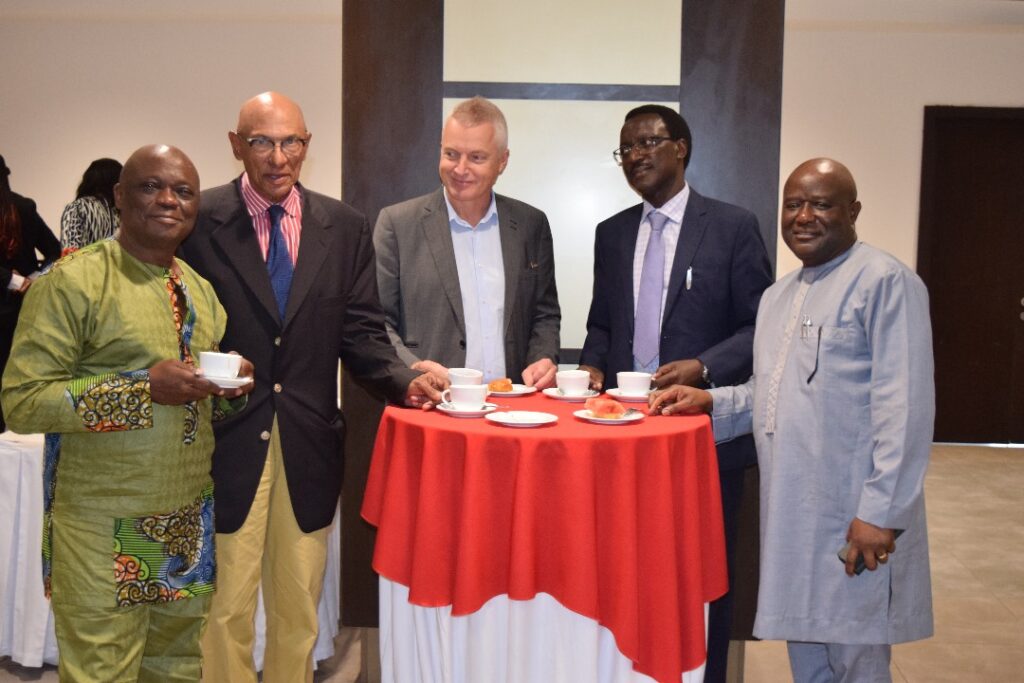Leocadia Bongben
“Africa’s path to economic integration is paved with opportunities and challenges that require collective action and innovative solutions.” This was one of the main takeaways from two expert workshops conducted in Douala, Cameroon.
Insights gathered and partnerships formed during the meeting organized by the Economic Commission for Africa (ECA) in collaboration with the African Union Commission (AUC) and the African Development Bank (AFDB) convinced experts that the continent is better positioned to realize the full potential of the African Continental Free Trade Area (AfCFTA), drive sustainable development, and maintain a competitive position in the global economy.
It should be noted that the African Union adopted the Boosting Intra-African Trade (BIAT) framework in 2012 with a focus on seven major clusters: trade policy, trade facilitation, productive capacity, trade-related infrastructure, trade finance, trade information, and factor-market integration. It aspires to reduce trade barriers, strengthen Africa’s global trading position, and promote long-term socioeconomic growth.
Following an evaluation of BIAT’s impact on intra-African trade flows, experts pointed to a 13% increase between 2012 and 2022. Mundia Kabinga, Senior Lecturer at the University of Cape Town, advocated for additional research, and Joseph Baricako, ECA Economic Affairs Officer, and Prof. Garth le Pere of the University of Pretoria highlighted areas for improvement and the benefits of trade facilitation, respectively.
Africa’s contribution to global exports remains at 3%, highlighting the need for more intra-African trade and industrialization. Intra-African exports and imports are 17.8% and 14.6%, respectively, significantly lower than in Europe and Asia. Mr. Ikome and Prof. James Thuo Gathii from Loyola University Chicago School of Law advocated structural and budgetary changes to close this gap.

Francis Ikome, Chief of the Regional Integration Section of ECA’s Regional Integration and Trade Division, says, “Integration is a critical policy tool for Africa’s survival in a competitive global economy. AfCFTA, with its market of more than 1.3 billion people, provides the potential for industrialization, value addition, and structural reform.” “Africa confronts numerous challenges to integration, including infrastructure and funding concerns. The BIAT framework aims to address these barriers and ensure a smooth integration process,” stated Mr. Ikome.
Participants agreed on the importance of building on existing structures to achieve the goals of a common market or customs union. Successes in Central Africa and OHADA were emphasized.
According to Brian Mureverwi, Senior Trade Advisor to the AUC, “The outcome of the first session was to develop another version of the BIAT Action Plan and a framework document, ARIA-11, to be presented to the AU Heads of State and Government for endorsement.”
The Assessment Regional Integration in Africa (ARIA-11) report, “Delivering on the African Economic Community: Towards a Continental Customs Union and Common Market,” assesses the status of the AfCFT and offers initiatives toward attaining a continental customs union and common market.

Stephen Karingi, ECA’s Director of Regional Integration and Trade, lauded Cameroon’s efforts in AfCFTA implementation during a visit to the Cameroon National Shippers’ Council (CNSC), while Auguste Mbappe Penda, General Manager of CNSC, highlighted the role in promoting sub-regional integration and intra-African trade.
The meeting provided an opportunity for ECA, AUC, AfDB, UNCTAD, and regional and national stakeholders, to reiterate their dedication to promoting a unified and thriving African market.

